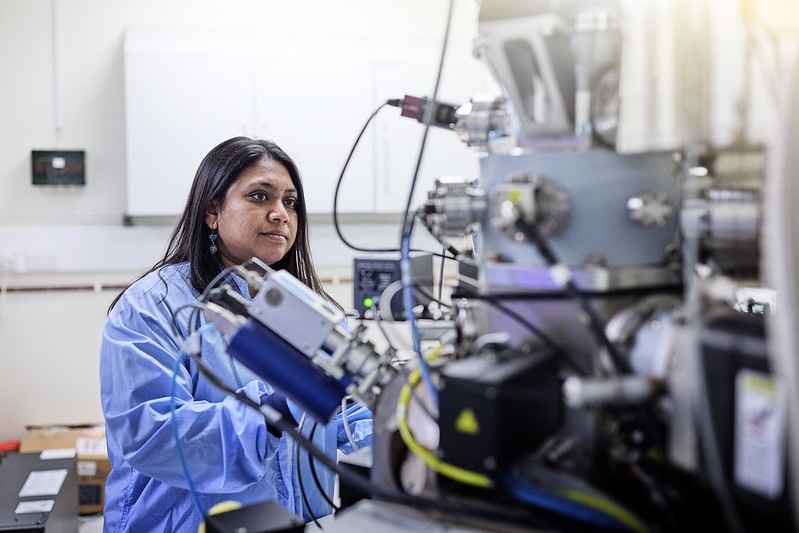Clemence, a Digital Student Ambassador for UCL Natural Sciences, explores the significant societal transformations accentuated by the annual International Day of Women and Girls in Science.
Observing Change at UCL
As I navigate the science facilities at UCL, I’m struck by the gradual yet impactful changes that are unfolding in our laboratories and classrooms. On this International Day of Women and Girls in Science, I take a moment to consider the implications for our scientific community.
The Statistics Tell a Story
The numbers are disheartening: UNESCO reports that only 33% of researchers globally are women. As a STEM student, I’ve felt this disparity firsthand, particularly at recent technology and IT career fairs and departmental seminars where female speakers are few and far between, often overshadowed by their male counterparts. This inequality becomes even more pronounced at international conferences, where women’s contributions in panel discussions are frequently omitted.
The Talent We’re Losing
It’s frustrating to consider the talent that remains untapped. For instance, while women are responsible for 70% of global healthcare, they occupy less than a third of leadership roles. As someone who aspires to advance scientific knowledge, this reality serves as both a challenge and inspiration.
UCL: Leading the Charge
I’m grateful to be part of UCL, where trailblazing women in science are challenging outdated norms. As a member of the Athena Swan Charter, UCL is actively promoting gender equality across all departments. Academics here are dedicated to achieving gender parity, addressing issues such as unconscious bias, inadequate childcare provisions, and a narrow definition of success that often marginalizes women. Dr. Helen Czerski, a UCL academic, emphasizes the necessity of varied perspectives in tackling global challenges.
Inspiration from Peers
My female classmates are a constant source of inspiration. They are exceptional intellects who refuse to be confined by stereotypes. Whether they’re developing innovative software solutions in computer science labs or discussing revolutionary neuroscience breakthroughs, they embody the idea that science flourishes with diverse perspectives. I’m immensely proud of them and the potential role models they are becoming for future generations.
Taking Personal Responsibility for Change
Change isn’t solely the responsibility of institutions; we must take personal accountability as well. In my study groups, I strive to ensure that everyone’s voice is valued. When forming project teams, I advocate for diverse leadership opportunities. Looking forward, I feel cautiously optimistic. Each semester welcomes more women into our lecture halls, each contributing unique perspectives and solutions to scientific challenges.
The Road Ahead
Ultimately, the next groundbreaking discovery could originate from anyone, regardless of gender. The real concern isn’t the inclusion of women in science; they have always belonged here. The pressing question is how swiftly we can dismantle the barriers obstructing their path.
Photo Credit: Alejandro Salinas Lopez at London Centre for Nanotechnology (LCN)


